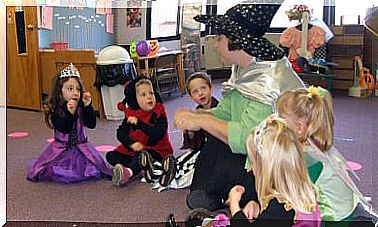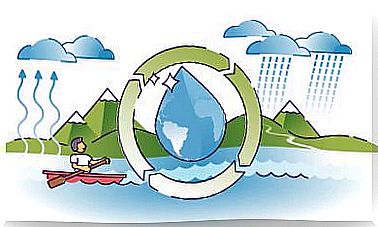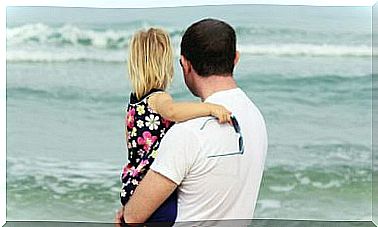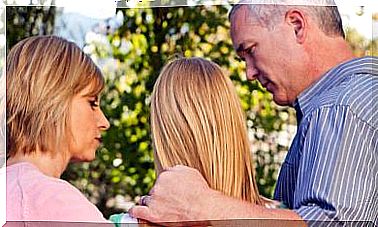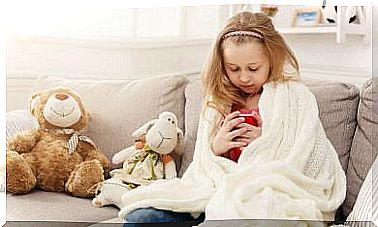Language Development In Babies
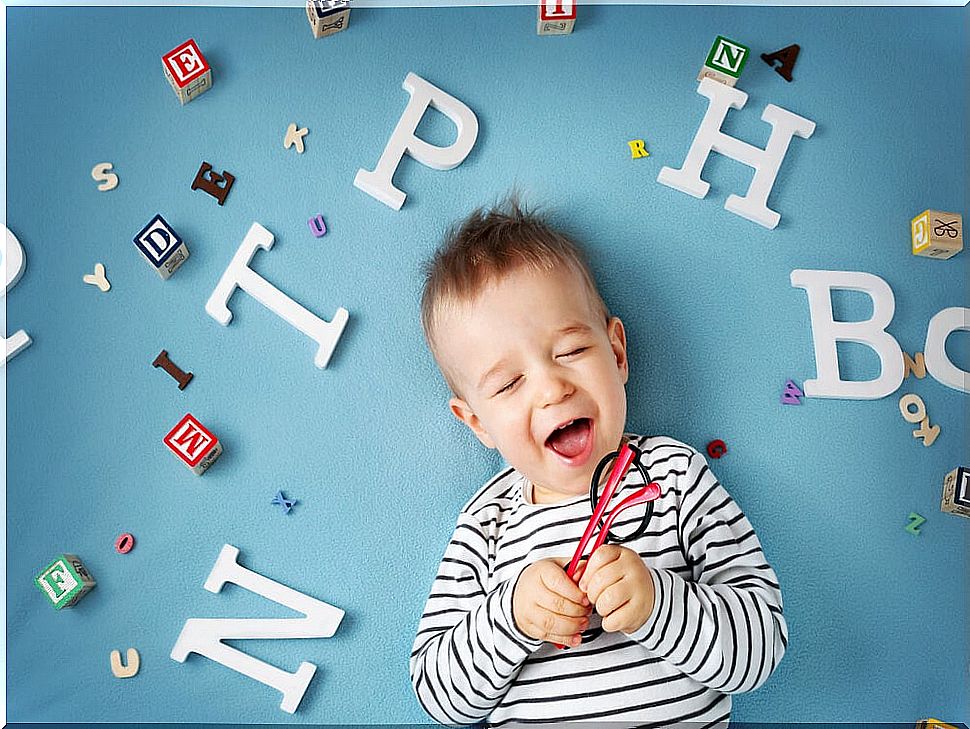
According to the National Institute on Deafness and Other Communication Disorders (NIDCD), language is a set of shared norms that allow ideas to be expressed in a logical way. This helps us to communicate, but language development in babies involves a long and complex process that begins in infancy.
In fact, from birth, babies begin to babble. And most children say their first words before their first birthday.
Language development in babies
From birth to 6 months
Babies, before developing language, learn to distinguish and pay attention to sounds. Thus, in the first months of life, it can be observed that, little by little, children begin to:
- Follow sounds with your eyes.
- Respond to changes in tone of voice.
- Listen carefully to the music.
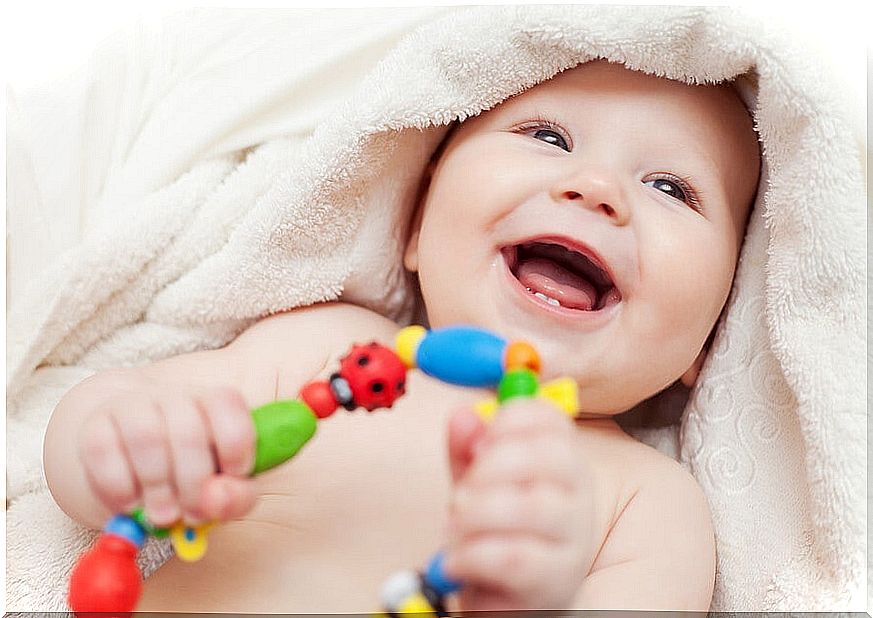
So by 6 months of age, most babies recognize the basic sounds of the mother tongue. In addition, throughout this first stage, babbling, gurgling, laughter and the reproduction of sounds appear in a similar way to speech.
From 6 months to the first year
Once children know how to consciously identify and produce sounds, it is when a more elaborate communication begins to occur, so that the following actions can be seen in babies between 6 months and one year of age:
- They listen when spoken to.
- They understand the most frequent and common words in the mother tongue.
- They respond to verbal commands.
- They babble long and short groups of sounds.
- They babble to get attention and hold it.
- They communicate through gestures.
- They imitate various sounds of speech.
- They use language to ask for things and express feelings, protests, acceptances, etc.
- They say their first words.
From 1 to 2 years
From the first year of life, phonological processes improve. Therefore, babies begin to make more precise sounds and say more and more words.
In addition, gradually, they acquire the ability to vary speech based on context and learn to carry on conversations. Thus, they develop the following communication skills:
- They understand simple questions.
- They enjoy stories and songs.
- They constantly expand their repertoire of words.
- They ask simple questions and phrases.
- They use language to obtain and transmit information.
From 2 to 3 years
From 2 to 3 years old, children perfect their language, so that they formulate the first complex, negative, interrogative, coordinated and subordinate sentences. At this stage of development, these actions related to communication can be observed:
- They use words for almost everything.
- They elaborate stories.
- They use the tenses, people and verb modes correctly.
- Speech is understandable by family members and friends.
- They name the objects.
- They distinguish between proper and common nouns.
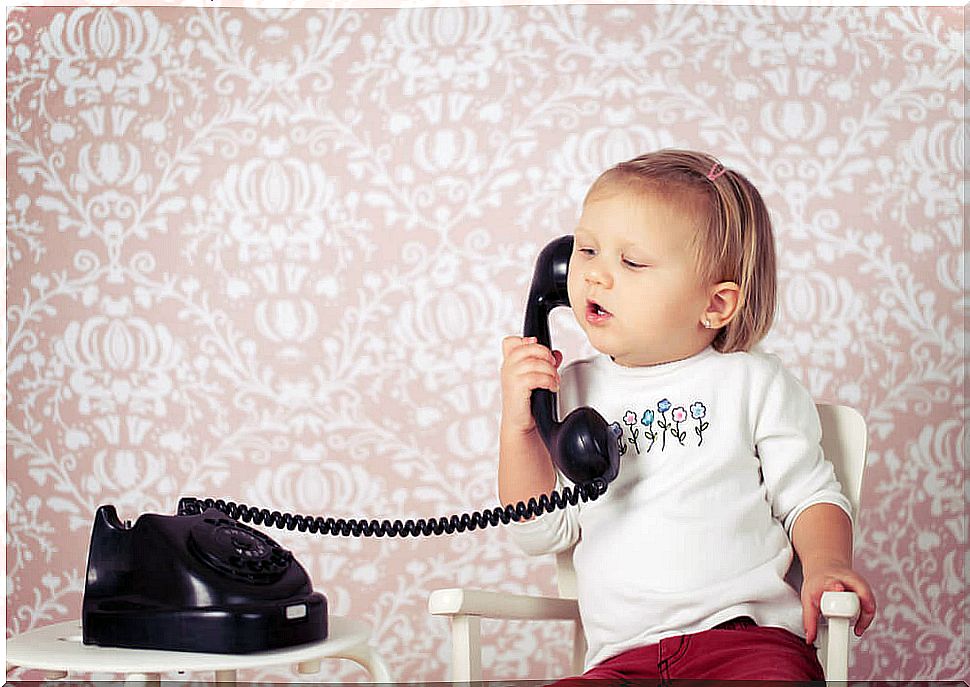
The importance of the family in language development
Parents are children’s first educators. Therefore, the family is of great importance in the language development of babies. Thus, communication skills are best acquired if the immediate environment is full of images, sounds and conversations.
In this sense, it is convenient for parents to stimulate the language of their children, facilitating the learning process and cognitive development. To do this they must:
- Use abstract and precise language.
- Start conversations on topics not related to domestic issues.
- Give the possibility of participating and using the language for functions other than those related to the expression of basic needs.
In this way, when entering kindergarten, the little ones know how to use language in most situations that require their relationship with the environment. Which is essential to achieve satisfactory school learning.

